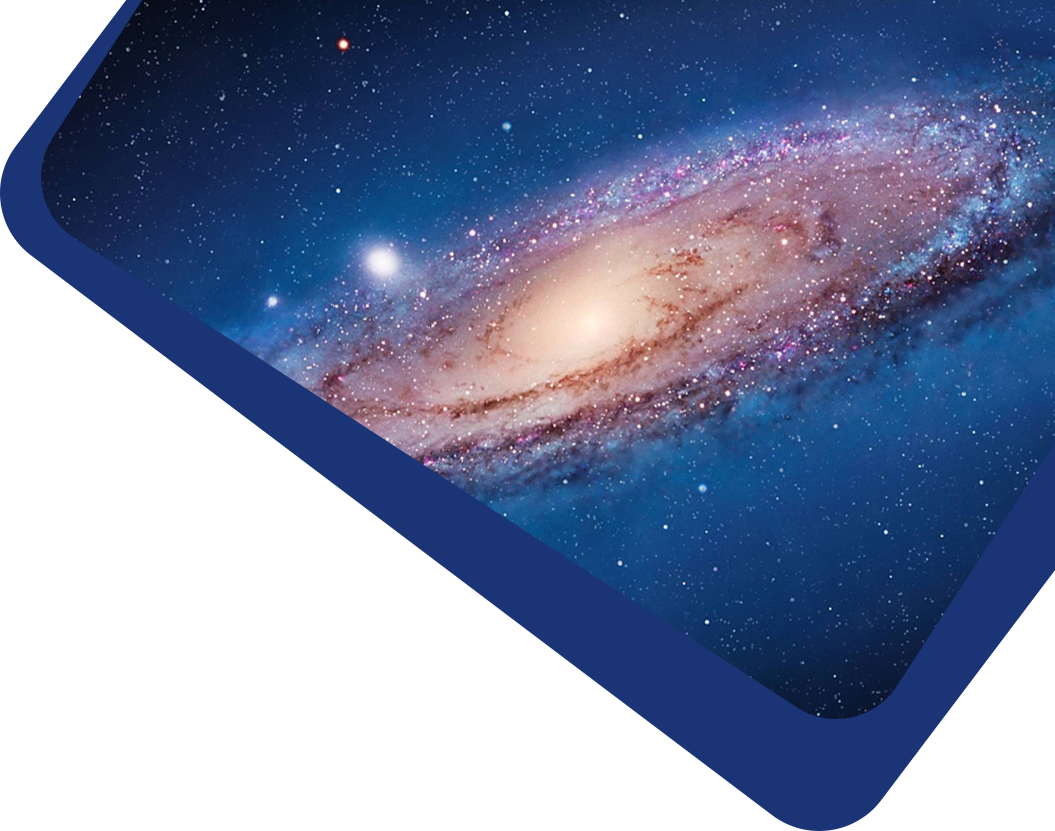

Obtaining high precision is an important consideration for astrometric studies using images from the Narrow Angle Camera (NAC) of the Cassini Imaging Science Subsystem (ISS). Selecting the best centering algorithm is key to enhancing astrometric accuracy. In this study, we compared the accuracy of five centering algorithms: Gaussian fitting, the modified moments method, and three point-spread function (PSF) fitting methods (effective PSF (ePSF), PSFEx, and extended PSF (xPSF) from the Cassini Imaging Central Laboratory for Operations (CICLOPS)). We assessed these algorithms using 70 ISS NAC star field images taken with CL1 and CL2 filters across different stellar magnitudes. The ePSF method consistently demonstrated the highest accuracy, achieving precision below 0.03 pixels for stars of magnitude 8–9. Compared to the previously considered best, the modified moments method, the ePSF method improved overall accuracy by about 10% and 21% in the sample and line directions, respectively. Surprisingly, the xPSF model provided by CICLOPS had lower precision than the ePSF. Conversely, the ePSF exhibits an improvement in measurement precision of 23% and 17% in the sample and line directions, respectively, over the xPSF. This discrepancy might be attributed to the xPSF focusing on photometry rather than astrometry. These findings highlight the necessity of constructing PSF models specifically tailored for astrometric purposes in NAC images and provide guidance for enhancing astrometric measurements using these ISS NAC images.
Key words: methods: analytical – techniques: image processing – stars: imaging – astrometry
There are currently no refbacks.
It accepts original submissions from all over the world and is internationally published and distributed by IOP